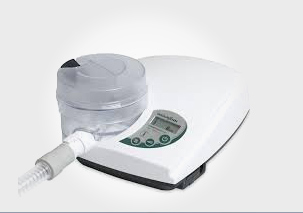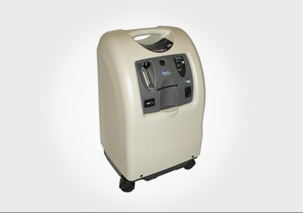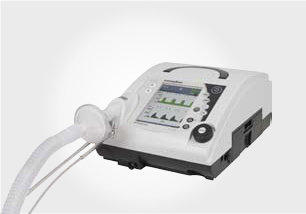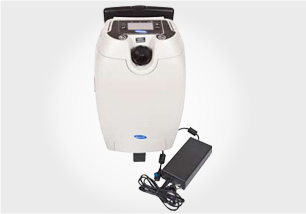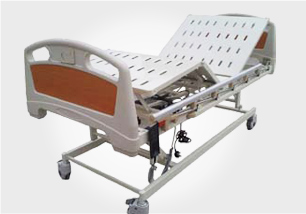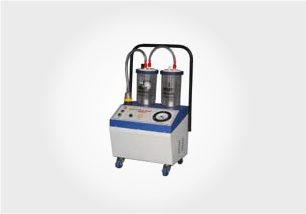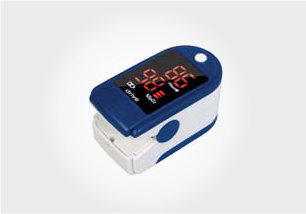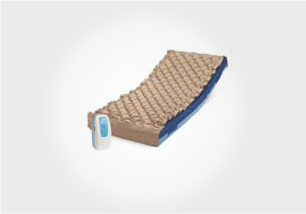
Obstructive Sleep Apnea
Sleep apnea - obstructive; Apnea - obstructive sleep apnea syndrome; Sleep-disordered breathing; OSA
Last reviewed: July 31, 2011.
Obstructive sleep apnea is a condition in which the flow of air pauses or decreases during breathing while you are asleep because the airway has become narrowed, blocked, or floppy.
A pause in breathing is called an apnea episode. A decrease in airflow during breathing is called a hypopnea episode. Almost everyone has brief apnea episodes while they sleep.
This article discusses obstructive sleep apnea in adults.
See also:
Central sleep apneaSleep disorders
Causes, incidence, and risk factors
All of the muscles in your body become more relaxed during sleep. This includes the muscles that help keep the airway open and allow air to flow into the lungs.
Normally, the upper throat still remains open enough during sleep to let air pass by. However, some people have a narrower throat area. When the muscles in their upper throat relax during sleep, their breathing can stop for a period of time (often more than 10 seconds). This is called apnea.
The snoring in people with obstructive sleep apnea is caused by the air trying to squeeze through the narrowed or blocked airway. However, everyone who snores does not have sleep apnea. Other factors may also increase your risk:
A lower jaw that is short compared to the upper jaw (retrognathia)Certain shapes of the palate or airway that cause the airway to be narrower or collapse more easily
Large tonsils and adenoids in children that can block the airway
Large neck or collar size (17 inches or more in men and 16 inches or more in women)
Large tongue, which may fall back and block the airway
Obesity
Sleeping on the back also increases sleep apnea episodes.
Symptoms
A person who has obstructive sleep apnea often is not aware of the apnea episodes during the night. Often, family members witness the periods of apnea.
A person with obstructive sleep apnea usually begins snoring heavily soon after falling asleep. Often the snoring gets louder. The snoring is then interrupted by a long silent period during which there is no breathing. This is followed by a loud snort and gasp, as the person attempts to breathe. This pattern repeats.
Many people wake up unrefreshed in the morning and feel sleepy or drowsy throughout the day. This is called excessive daytime sleepiness (EDS).
People with sleep apnea may:
Act grumpy, impatient, or irritableBe forgetful
Fall asleep while working, reading, or watching TV
Feel sleepy while driving, or even fall asleep while driving
Have hard to treat headaches
Problems that may occur with this condition:
Depression that becomes worseHyperactive behavior, especially in children
Leg swelling (if severe)
Signs and tests
The health care provider will perform a complete history and physical exam. This will involve carefully checking your mouth, neck, and throat. You may be given a survey that asks a series of questions about daytime sleepiness, sleep quality, and bedtime habits.
A sleep study (polysomnogram) is used to confirm obstructive sleep apnea.
Other tests that may be performed include:
Arterial blood gasesElectrocardiogram (ECG)
Echocardiogram
Thyroid function studies
Treatment
The goal is to keep the airway open so that breathing does not stop during sleep.
The following lifestyle changes may relieve symptoms of sleep apnea in some people:
Avoiding alcohol or sedatives at bedtime, which can make symptoms worse
Avoiding sleeping on the back may help with mild sleep apnea
Losing weight may decrease the number of apnea spells during the night
Continuous positive airway pressure (CPAP) is now the first treatment for obstructive sleep apnea in most people. CPAP is delivered by a machine with a tight-fitting face mask.
Many patients have a hard time sleeping with CPAP therapy. Good follow-up and support from a sleep center can often help overcome any problems in using CPAP. For information on this treatment, see: CPAP.
Some patients may need dental devices inserted into the mouth at night to keep the jaw forward.
Surgery may be an option in some cases. This may involve:
Uvulopalatopharyngoplasty (UPPP) -- to remove excess tissue at the back of the throat. This surgery has not been proven to completely clear up sleep apnea. Long-term side effects are also possible.More invasive surgeries -- to correct problems with the face structures in rare cases when patients have severe sleep apnea and treatment has not helped
Tracheostomy -- to create an opening in the windpipe to bypass the blocked airway if there are physical problems (rarely done)
Surgery to remove the tonsils and adenoids often cures the condition in children. It does not seem to help most adults.
Expectations (prognosis)
People with poorly treated sleep apnea often have:
An increase in anxiety and depression
A loss of interest in sex
Poor performance at work or school
Because of daytime sleepiness, people with sleep apnea have an increased risk of:
Motor vehicle accidents from driving while sleepyIndustrial accidents from falling asleep on the job
With treatment, the symptoms and problems of sleep apnea should be totally corrected.
Complications
Untreated obstructive sleep apnea may lead to or worsen heart disease, including:
Heart arrhythmiasHeart failure
High blood pressure
Stroke
Calling your health care provider
Call us if:
You have excessive daytime sleepinessYou or your family notice symptoms of obstructive sleep apnea
You have this condition, and symptoms do not improve with treatment or new symptoms develop
Srivari helps you to have Sleep Study with Expert Opinion from Leading Doctor from your region.




